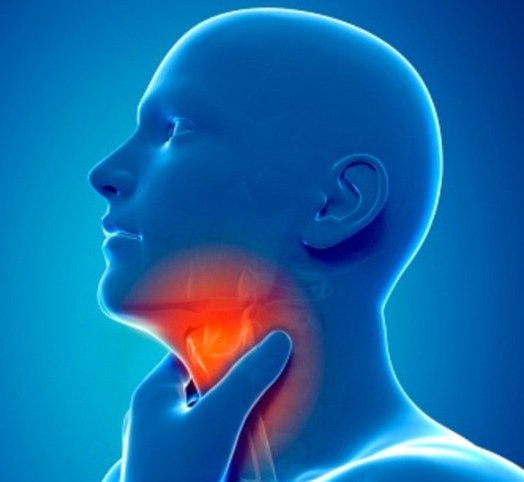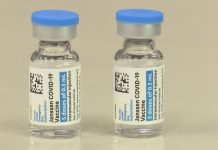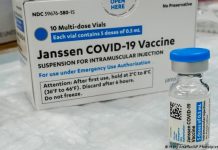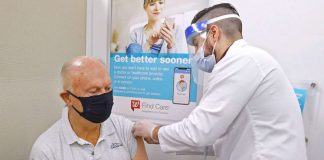The mumps outbreak in Northwest Arkansas has spread to 492 people, and officials are still seeing many new cases, according to a news release from the Arkansas Department of Health.
Over 30 schools in Arkansas have now reported at least one student infected with the virus. Any student who has an exemption to not receive the MMR (measles, mumps, and rubella) vaccine in those schools is now required to stay home for at least 26 days if they have been exposed. Unvaccinated students will be allowed to return immediately if they provide proof of receiving the vaccine.
The MMR vaccine is widely available, and is safe and effective according to experts, health officials and over forty-five years of consistent use.
The recommended two doses of the MMR vaccine is 88 percent effective at preventing an infection. Spread from an infected person’s nose or throat through coughing, sneezing, or direct contact with bodily fluids, a mumps virus infection causes swelling in the face, tender salivary glands, fevers, headaches, and muscle pains. “The parotid salivary glands (located within the cheek, near the jaw line and below the ears) are most frequently affected.
This swelling of the parotid glands is commonly called ‘parotitis,’” Outbreak News Today explains. “Swelling of the testicles (orchitis) occurs in 20 to 30 percent of males if infection occurs after puberty.” The infection can cause meningitis or inflammation in the brain. If infected during the first three months of pregnancy, a woman may also suffer a miscarriage. Most people infected recover in a few weeks, provided they do not face additional complications.
Jeffrey S. Overstreet













